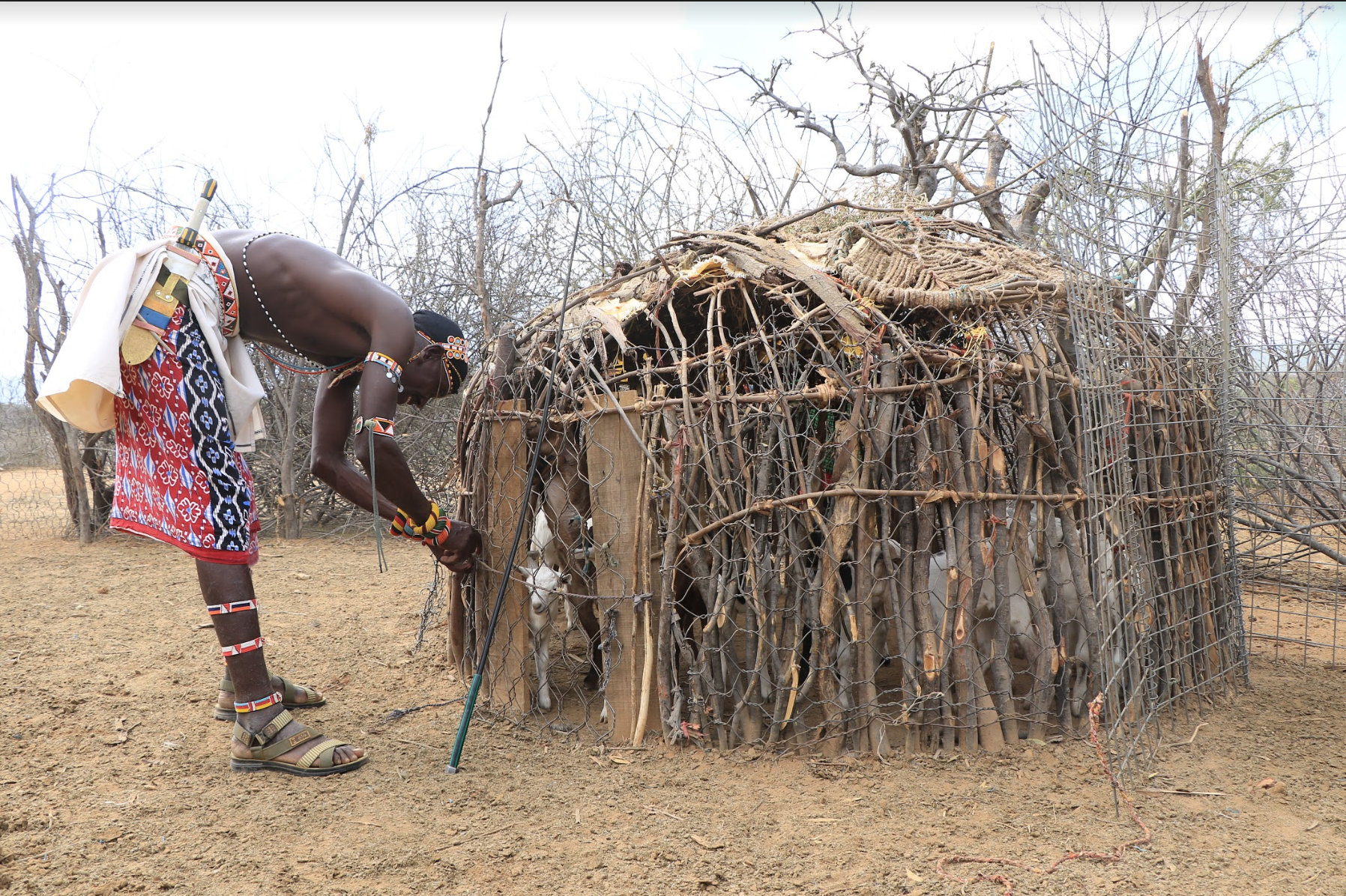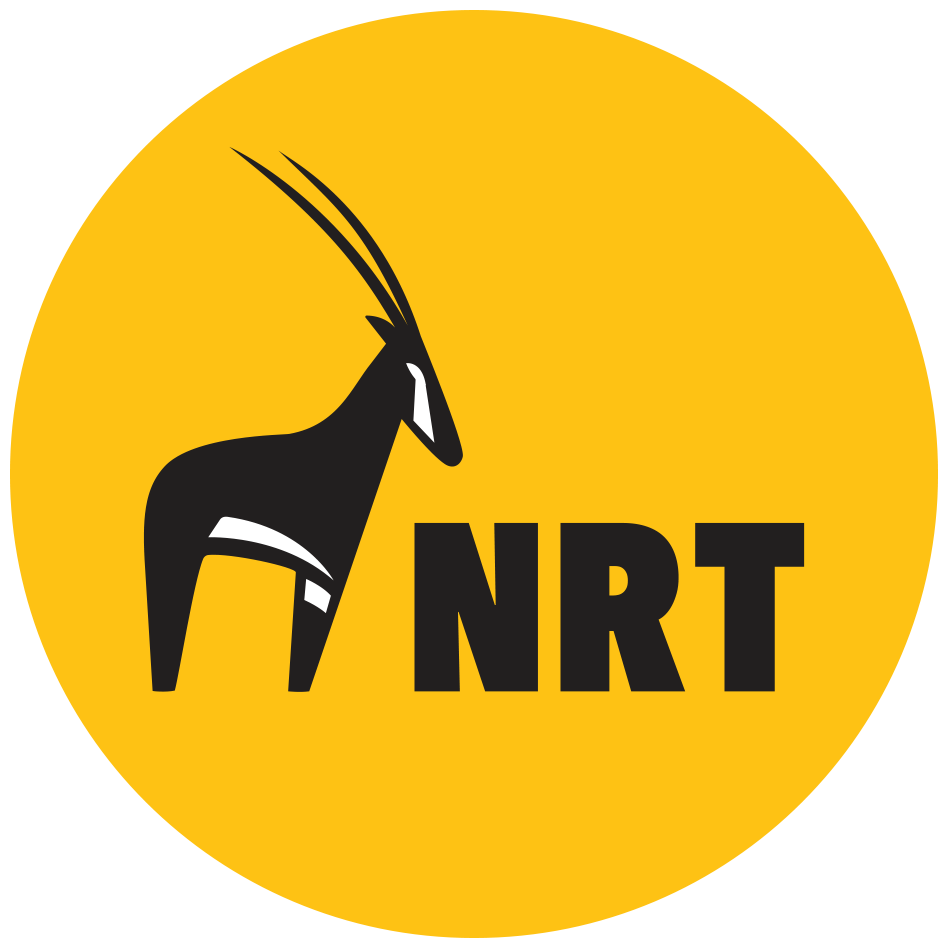
Five years ago, Lemula Lekumoisa had over 200 cows and about 500 goats. Like the generations of his family before him, and all those around him, he is a pastoralist. Always on the move, he spent his days guiding his livestock across north Kenya’s rugged landscape, following the rains. This is his job, his bank account and his identity.
In 2017, severe drought ravaged northern Kenya leaving rangelands barren and water holes dry. Lemula lost his whole herd — his life savings.
As he sits outside his traditional manyatta, which lies low under the shade of a squat acacia tree in Kalama Conservancy, Lemula talks about a time in his life when things were different.

“It was hard. All we did was herd our cows, looking for water and pasture. Droughts would come and we would lose everything. Or sometimes, we were raided and our cows were stolen. Whenever we rebuilt our herds, we would lost them almost immediately again because of drought or from cattle rustlers from neighbouring communities. Every time this happened to me it was heart breaking. I was in difficult and life-threatening situations, even getting shot at one time. I knew there had to be another way.”
That is when Lemula joined the NRT Trading Savings and Credit Cooperative (SACCO). Established in 2016 by the Northern Rangelands Trust and USAID, the SACCO helps young warriors and women build sustainable businesses by providing relevant training and a savings and loans scheme. The Moran Enterprise Programme is the part of the SACCO initiative specifically set up for young warriors like Lemula, who have no higher education and are likely to be the ones on the front line of conflict.

When Lemula joined the Kalama SACCO, he had just four cows.
“From that initial herd of four cows, I got more involved in how the markets worked, when to sell and when to buy. I was able to get 6 more after that, which I then sold. I saved that money to get more cows when the markets got better. I feel secure I am learning about savings, about accountability and financial responsibility. I am financially independent now.”
The member-driven cooperative uses mobile money to make savings and credit accessible even when the nearest bank is hundreds of miles away, and is helping to create an environment for businesses to thrive in remote conservancies. Members are required to pay a 500-shilling ($5) membership fee and are asked to invest in a $10 share capital with a minimum monthly deposit of $3. After a 6-month membership, the SACCO will loan members three times their savings with no interest — an attractive offer for entrepreneurs like Lemula, who has learned to invest savings and use loans to build on his businesses in a more sustainable way.

Earlier this year, Lemula won an award for recruiting the most number of new members to the SACCO. He was also recognized as the SACCO member with the highest savings record – Ksh. 170,000 ($200.00). This has earned him the appointment of Superstar Moran for his group, an achievement he is immensely proud of.
Star Morans and Superstar Morans are elected as leaders by the groups to which they belong. These men must be good leaders and peace ambassadors, and have good business instincts. They are charged with debt collection, overall running of the SACCO, and raising financial awareness among their peers.
389 warriors received Ksh. 7.6 million in loans through the SACCO in 2017, double that of 2016.
“When I am in the community talking to the younger morans, I tell them that as I have reached where I am, so can they. I tell them that they don’t have to rely on one source of income. Through my saving efforts I can now think of building a stone house. I can rest assured that I can educate my daughter and I can provide for all of my family.”
